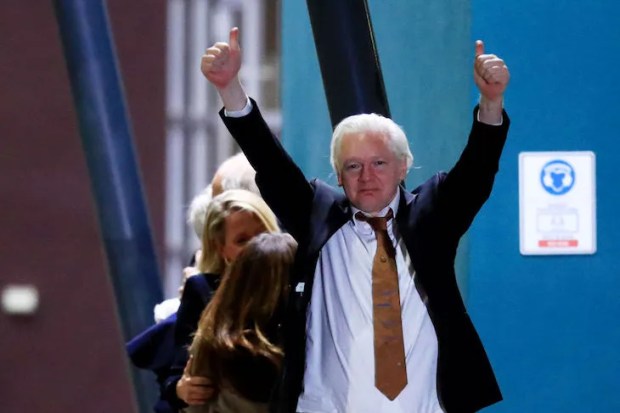The recent decision by Boris Johnson’s government to put a five-year time-bar, save in exceptional circumstances, on the prosecution of British troops for crimes committed during overseas operations, came as a welcome relief to soldiers. Those who served their country abroad now know they are effectively safe from stale prosecutions in the distant future; veterans who have long since moved on can now live in peace.
Already a subscriber? Log in
Subscribe for just $2 a week
Try a month of The Spectator Australia absolutely free and without commitment. Not only that but – if you choose to continue – you’ll pay just $2 a week for your first year.
- Unlimited access to spectator.com.au and app
- The weekly edition on the Spectator Australia app
- Spectator podcasts and newsletters
- Full access to spectator.co.uk
Or




















Comments
Don't miss out
Join the conversation with other Spectator Australia readers. Subscribe to leave a comment.
SUBSCRIBEAlready a subscriber? Log in